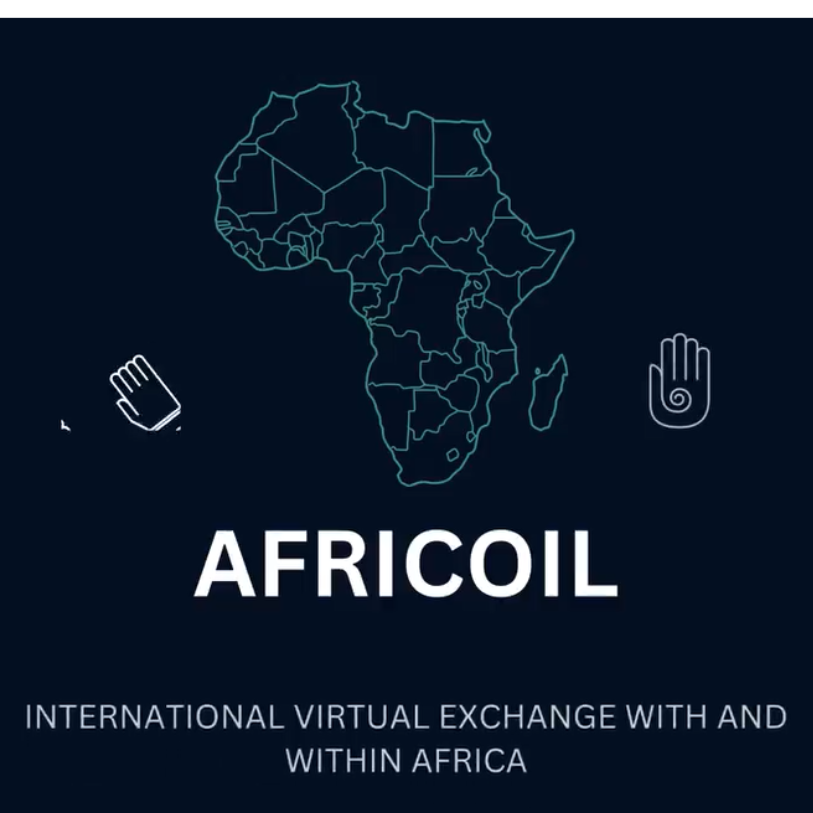The African Collaborative Online International Learning (AFRICOIL) initiative is poised to revolutionize educational collaboration across the continent, creating a framework that fosters inclusive and globally relevant higher education. As highlighted during the 2023 ANIE Conference, AFRICOIL’s efforts in promoting COIL (Collaborative Online International Learning) practices are crucial to Africa’s role in shaping the future of international education.
A New Era of Educational Partnerships
AFRICOIL emerges at a time when higher education institutions across Africa are increasingly seeking meaningful collaborations with global counterparts. The initiative provides a platform for African universities to connect with international institutions, enhancing cross-cultural learning, and addressing local development needs. COIL is uniquely positioned to enable African universities to overcome traditional barriers, fostering mutual benefits that cater to the region’s specific educational and developmental challenges.
At the core of AFRICOIL’s mission is the idea of re-humanizing curricula, ensuring that the content is equitable and inclusive, while decentering the dominant Eurocentric perspectives that have long shaped African educational frameworks. AFRICOIL’s activities focus on leveraging cross-border and cross-regional collaboration to build resilient and flexible learning environments, which foster the internalization of information for students across diverse socio-cultural contexts.
Decolonizing Learning: A Key Pillar
One of AFRICOIL’s standout features is its commitment to decolonial alignment, a crucial component in the African context where the need for humanized and culturally responsive learning designs is paramount. The initiative seeks to counter the epistemic othering present in Eurocentric curricula by organizing counter-hegemonic learning models that challenge dominant educational discourses. This shift is not merely theoretical; it enables students to engage actively in the cross-cultural exchange of ideas, creating knowledge rooted in their own realities, contextual knowledge, and histories.
Support from International Leaders
Prominent global figures have expressed their support for AFRICOIL’s mission. Professor Ikeda Keiko, Vice-Director for IIGE Kansai University in Japan, applauded the initiative, emphasizing its potential to bridge the gap between African and international universities, including those in Japan. She noted that COIL, through initiatives like AFRICOIL, can serve as a vital tool for achieving Sustainable Development Goals (SDGs) while fostering globally relevant education systems that are inclusive and accessible.
“As an Executive Project lead for JIGE and Vice-Director for IIGE Kansai University in Japan, I wholeheartedly support the upcoming AFRICOIL activities and the continued efforts to expand COIL practices across Africa. COIL has already demonstrated significant potential to transform international partnerships and educational collaborations in the region,” said Professor Keiko. Her statement reinforces AFRICOIL’s role in shaping the future of higher education by facilitating meaningful cross-border collaborations.
Addressing Digital Divides
AFRICOIL also acknowledges the challenges brought about by the digital age, particularly in the South African context. Although digital learning presents numerous opportunities for collaboration, it is essential to address the digital divide that persists within the region. By leveraging technology effectively, AFRICOIL aims to create a taxonomy of learning that is inclusive and constructive, incorporating negotiated pedagogies that reflect diverse African experiences and realities.
Looking Ahead: Expanding COIL in Africa
The AFRICOIL initiative is not only about promoting internationalization; it is about creating brave spaces for students to become active agents in their learning. These spaces encourage students to reflect on power dynamics, identity, and social justice through multiple perspectives, positioning them as drivers of their educational journey.
AFRICOIL’s roadmap includes broadening intra-African COIL projects, aiming to encompass all voices and enhance professional development through collaboration. Since 2020, COIL projects in Africa have grown exponentially, from 16 projects to an expected 156 by 2024. These efforts are crucial in ensuring that African universities not only engage with global institutions but also lead the way in establishing a new, inclusive educational paradigm.
Conclusion: A Call to Action
The AFRICOIL initiative is a critical step toward building an equally connected and globally engaged higher education community in Africa. Its focus on inclusivity, decoloniality, and the re-humanization of curricula positions it as a transformative force in shaping the future of higher education in the region. As African universities continue to embrace COIL, the continent stands to gain immeasurable benefits from these cross-border educational partnerships.
The future of higher education in Africa is bright, and AFRICOIL is lighting the way.

